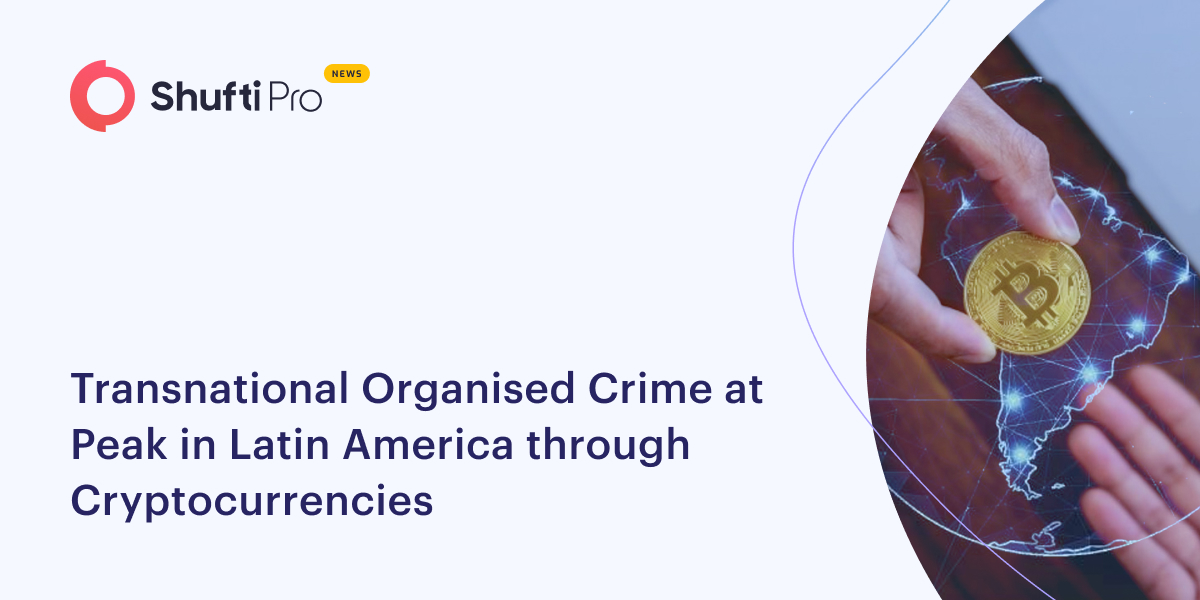Transnational Organised Crime at Peak in Latin America through Cryptocurrencies

Transnational criminal organisations that have moved billions of dollars across Latin America are now transferring parts of their financial holdings to cryptocurrencies as a way of avoiding detection.
Many groups across Latin America including the Mexico-based Cartel Jalisco Nueva Generación (CJNG), Central America-based MS-13 and the Brazilian PCC (Primeiro Comando da Capital) are exploring the loopholes within the regional anti-money laundering framework that make the switch to cryptocurrencies significantly attractive. The drop in the worth of digital coins might slow the trend but in the short term, when the price stabilises it is likely to grow in the long game.
Latin America is the particular region where criminals use cryptocurrencies to take advantage of “unregulated exchanges that do not require registration information and proof of identification for tracking purposes.” These criminal groups deposit coins into any unregulated exchange and trade them for various altcoins, obscuring the source account.
This trend is seen in multiple cases across the region. In December 2022, DEA (Drug Enforcement Administration) revealed that CJNG used the Binance network to transfer $15 million to $40 million in illegal proceeds from the sale of Cocaine and Methamphetamines. Two years back, in December 2021, an investigation from Sao Paulo Police revealed that crypto assets were used by gangs to perform a $7.8 million transaction.
The growth of cryptocurrency in transnational criminal organisations is difficult to quantify and is likely accelerating. The percentage of cryptocurrency in Latin America increased by 16% in 202 and most of the exchanges in the region lack robust regulation or KYC (Know Your Customer) guidelines. Excluding Mexico and Venezuela, the vast majority of nations only follow ad hoc regulations. El Salvador has come under increased scrutiny for its disregard for any guidelines. Paraguay, a landlocked and small isolated country in South America is already a haven for criminals. Financial crimes prosecutors state that there are multiple cases of money laundering reported and many factors make prosecuting such cases impossible.
One of the factors is the involvement of Horacio Cartes, former president of Paraguay, who has an enormous political influence and has a direct hand in cryptocurrency regulations.
Suggested Read:
FIAU FINES CRYPTO FIRM €460,000 FOR ANTI-MONEY LAUNDERING VIOLATIONS











